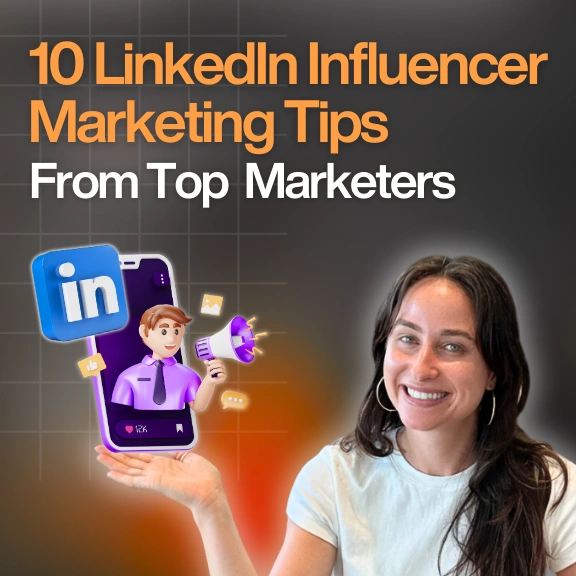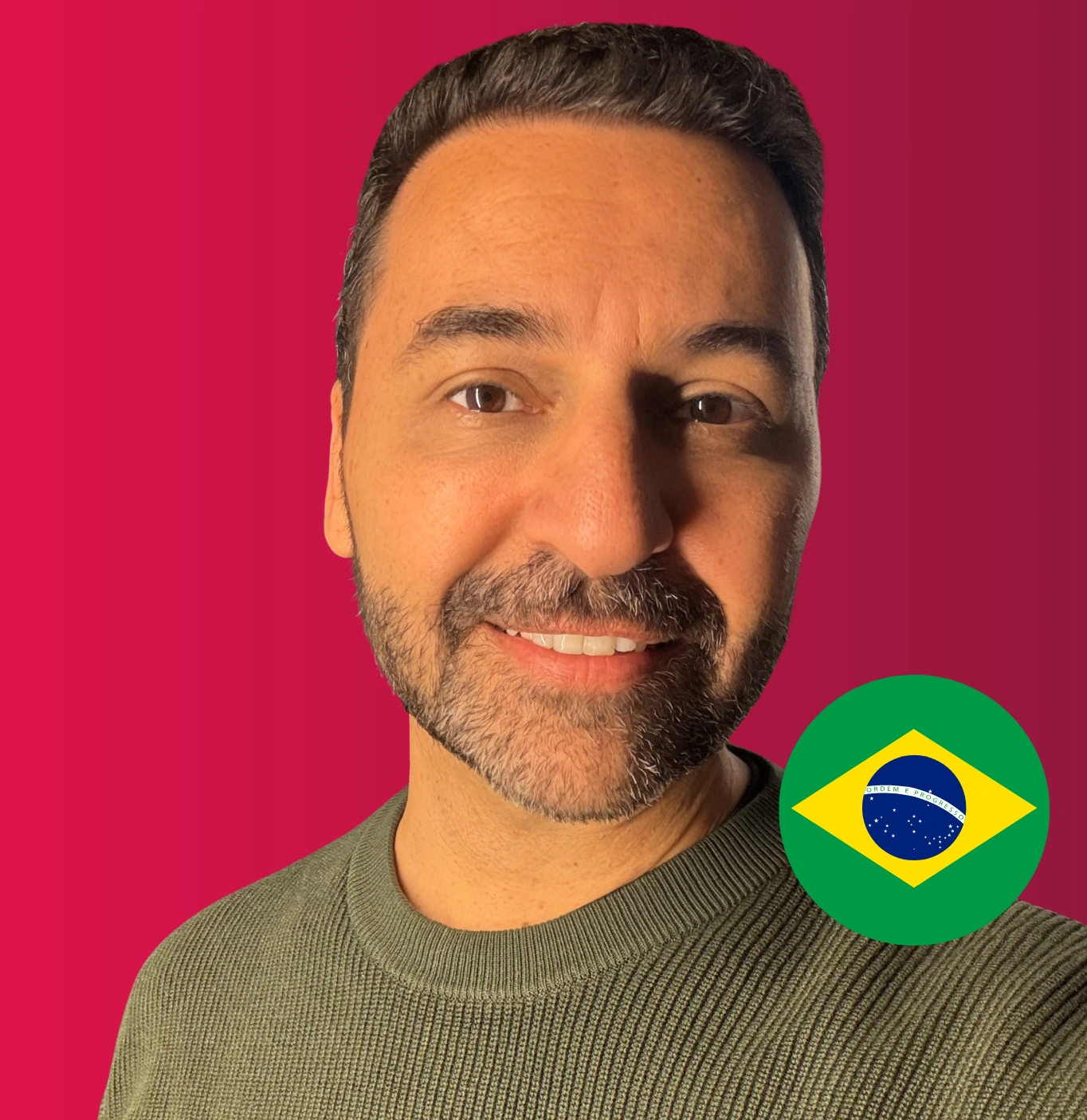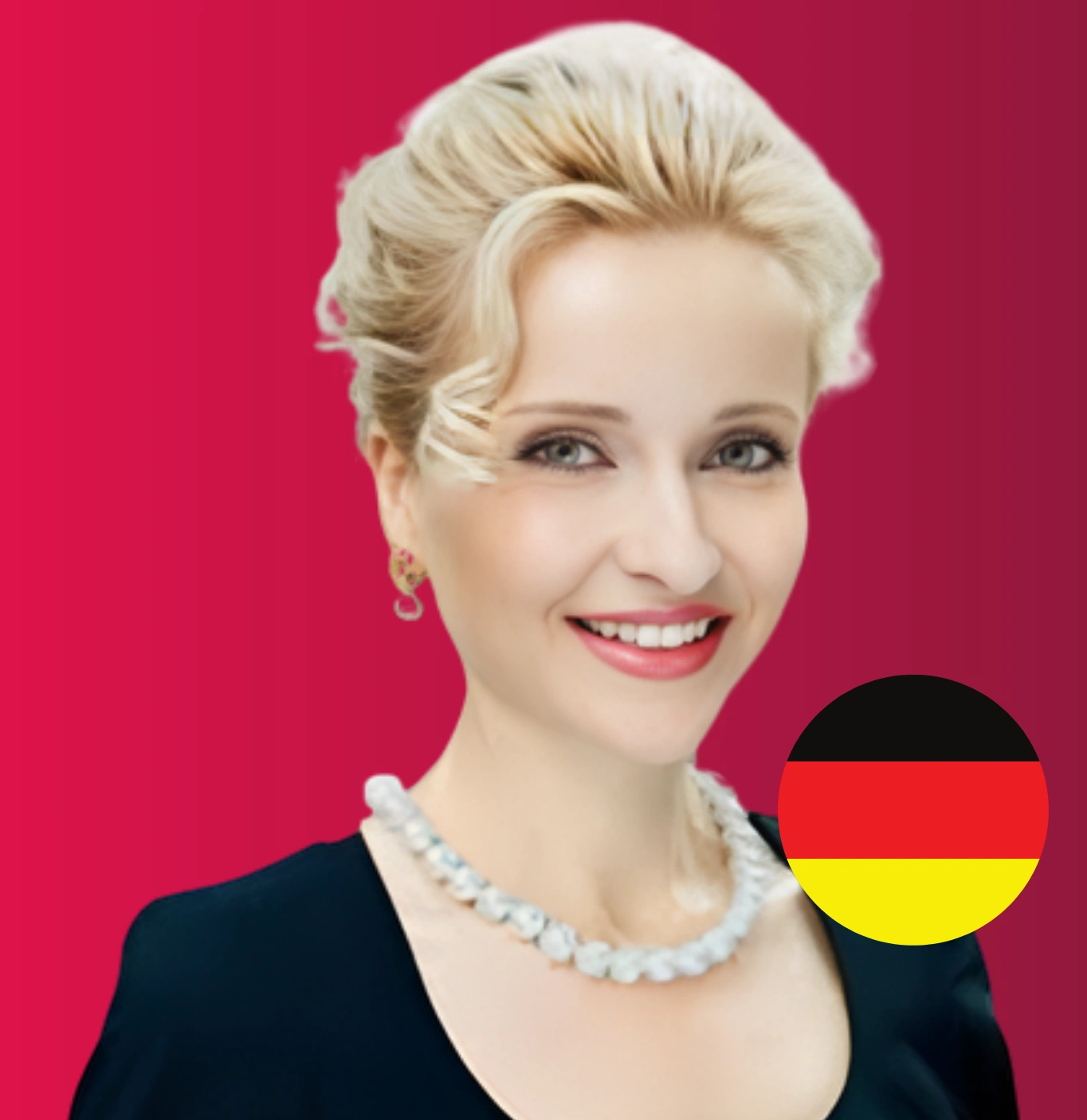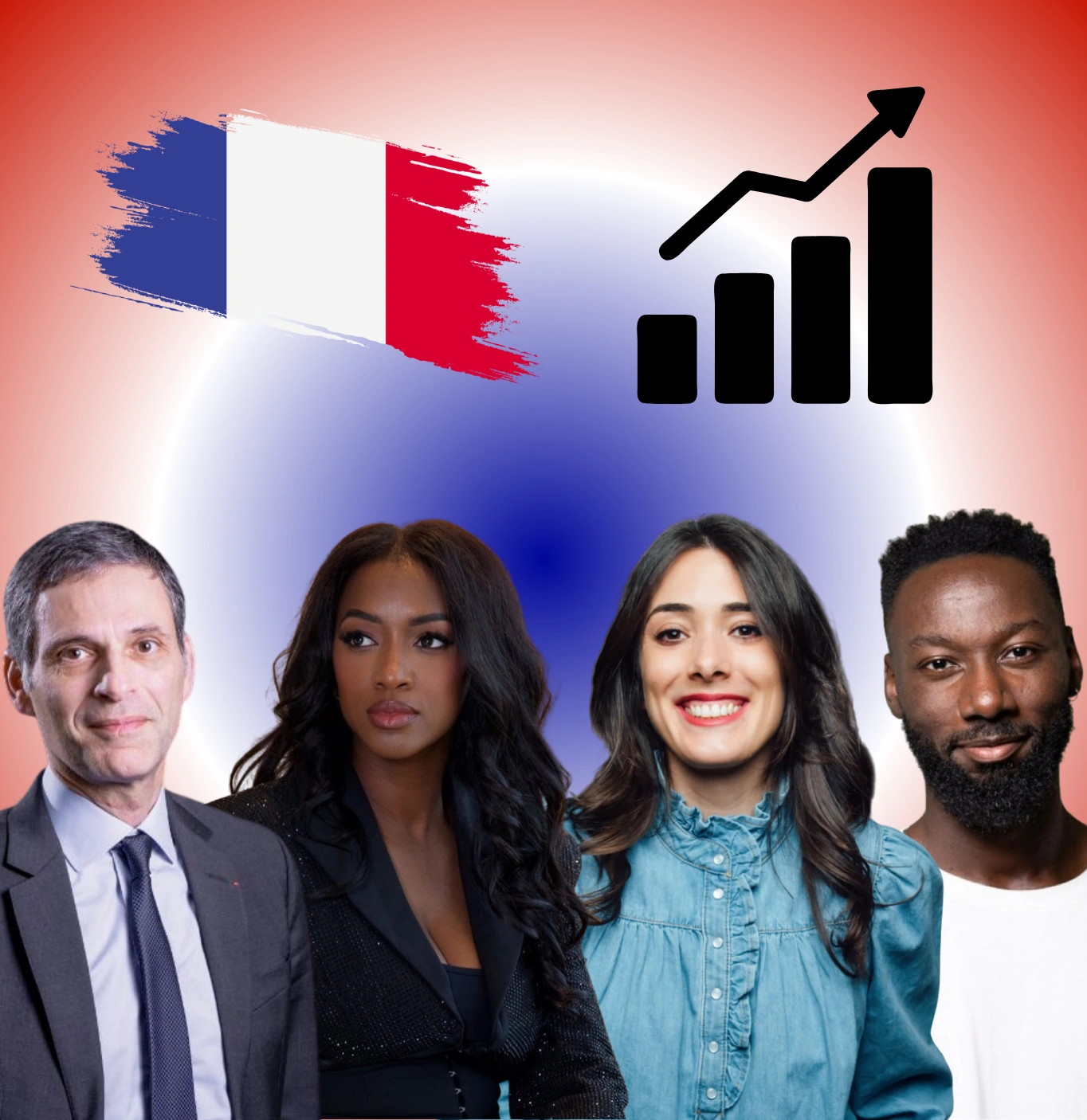Blog & Articles
Your ultimate ressource for the creator economy
Methodology & Rankings
About Favikon, rankings, tools & much more.
Insights
The recipe behind Favikon's viral & coveted rankings.
Free tools to power your influencer marketing workflows.
See Favikon users' success stories.
Get access to all Favikon rankings.
Become a Partner
Become an Affiliate
About the team behind Favikon
The place to talk creator economy, together


Featured Rankings

Here is the Top 50 Rising Video Creators on LinkedIn. Video is quickly becoming the platform’s most powerful format, with creators gaining more reach and engagement than ever. As Gen Z grows its presence and tools like BrandLink and Thought Leader Ads support content creation, LinkedIn is doubling down on video. This ranking, made in partnership with OpusClip, celebrates the creators leading this shift and aims to inspire anyone ready to start sharing through video.

Here is the Top 50 Rising Video Creators on LinkedIn. Video is quickly becoming the platform’s most powerful format, with creators gaining more reach and engagement than ever. As Gen Z grows its presence and tools like BrandLink and Thought Leader Ads support content creation, LinkedIn is doubling down on video. This ranking, made in partnership with OpusClip, celebrates the creators leading this shift and aims to inspire anyone ready to start sharing through video.
Who is Louis de Diesbach?
Louis de Diesbach is one of Europe’s most refreshing voices in the conversation around AI and ethics. With a mix of academic rigor and accessible insight, he brings philosophy into boardrooms and tech debates.
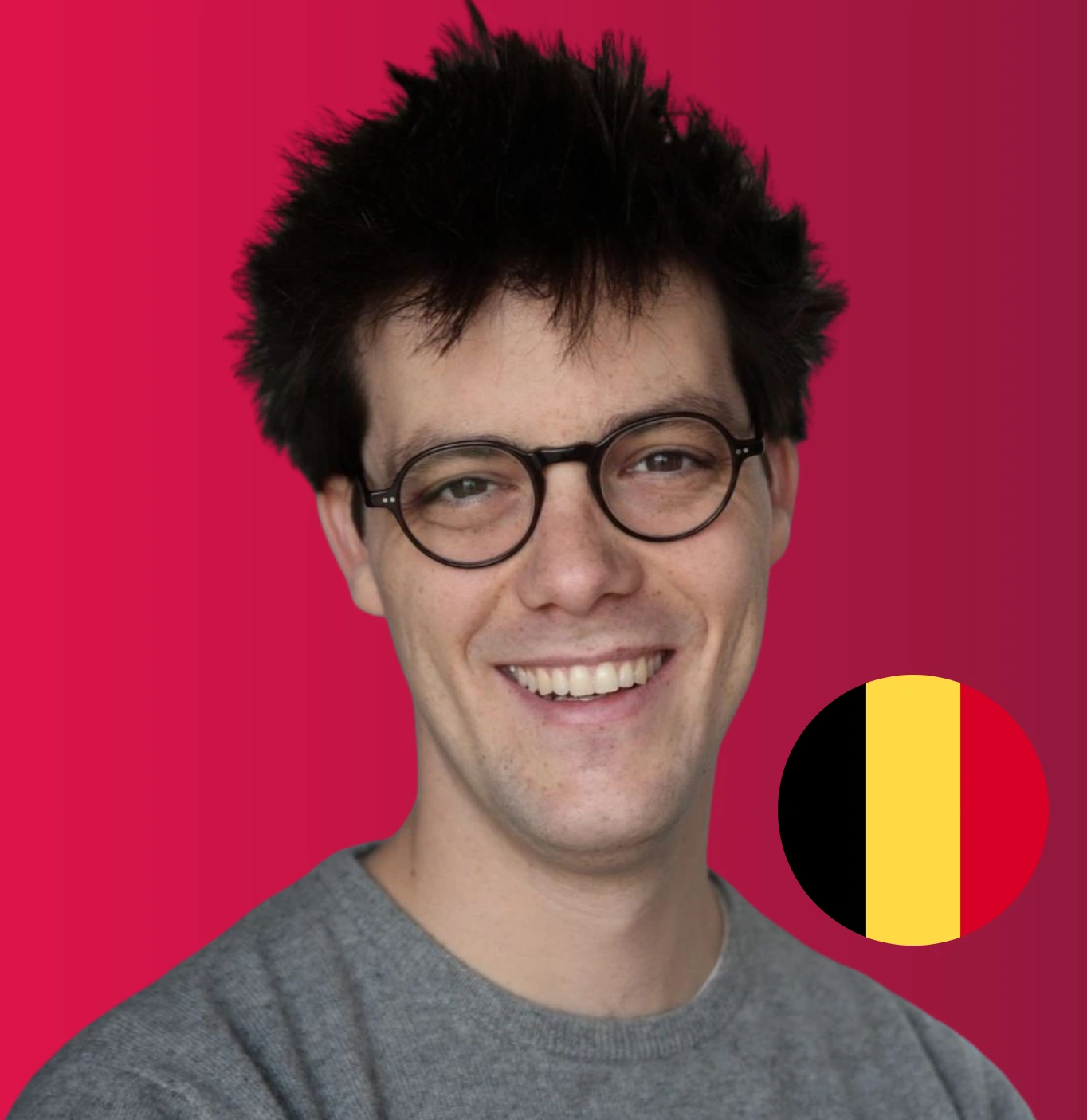
.png)

Elena Freeman designs partnerships and events at Favikon. She cares about building spaces where creators, brands, and ideas meet in ways that feel real and memorable. From partner programs to community gatherings, she focuses on making connections that spark collaboration and professional growth.
Check Brand Deals
Louis de Diesbach: Bridging ethics and algorithms
Louis de Diesbach is one of Europe’s most refreshing voices in the conversation around AI and ethics. With a mix of academic rigor and accessible insight, he brings philosophy into boardrooms and tech debates. His posts blend curiosity, humor, and critical thought, making complex ethical issues in technology feel both urgent and human.
1. Who he is
Louis de Diesbach is a Technology Ethicist, author, and researcher from Belgium, currently serving as AI Ethics & Governance Senior Expert at Euroclear. A philosopher by training and a thinker by instinct, he explores how artificial intelligence shapes our moral and societal frameworks. His journey blends academia and business, from publishing books on technology ethics to teaching and speaking at leading conferences. Louis combines humanistic thought with technological understanding, positioning himself at the crossroads of philosophy and innovation. His voice champions critical reflection in an era obsessed with automation and speed.
2. A network of heavyweights
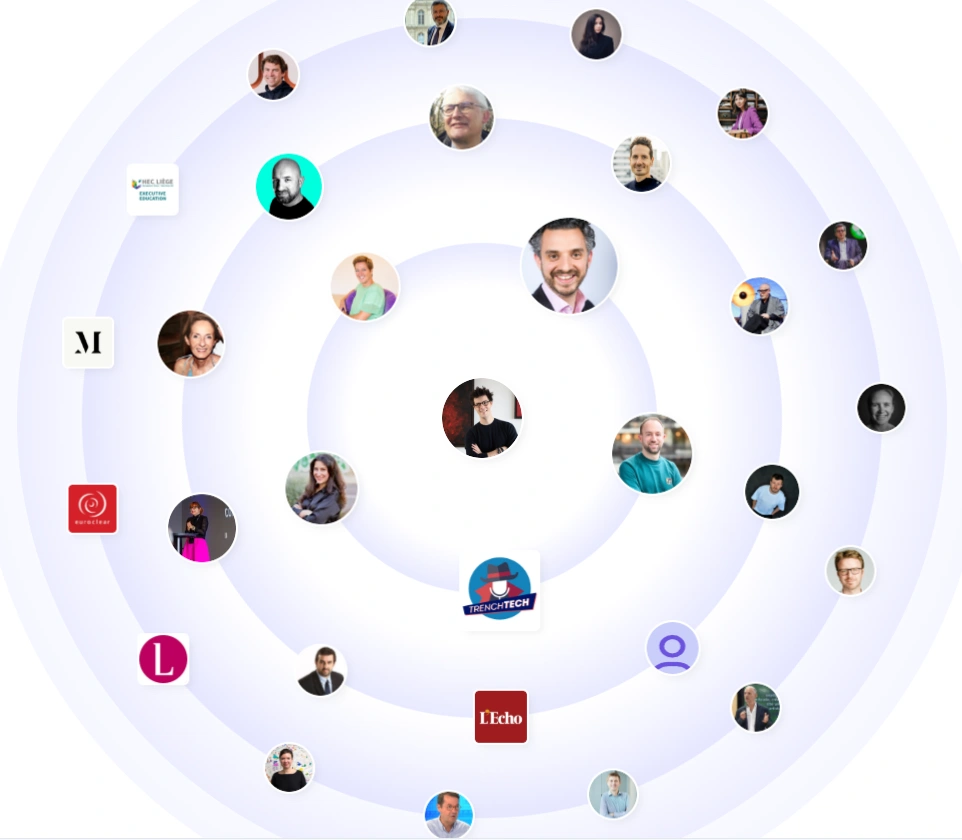
Louis connects with a vibrant mix of academics, executives, and innovators across Europe’s AI and philosophy scene. His network includes thought leaders from Medium, Euroclear, L’Echo, and TrenchTech, along with scholars, ethicists, and startup founders. This intersection of philosophy, governance, and tech gives his content depth and credibility. He is not just part of the AI conversation but actively shaping it through collaborations that link industry insight with ethical reflection.
3. Why people listen
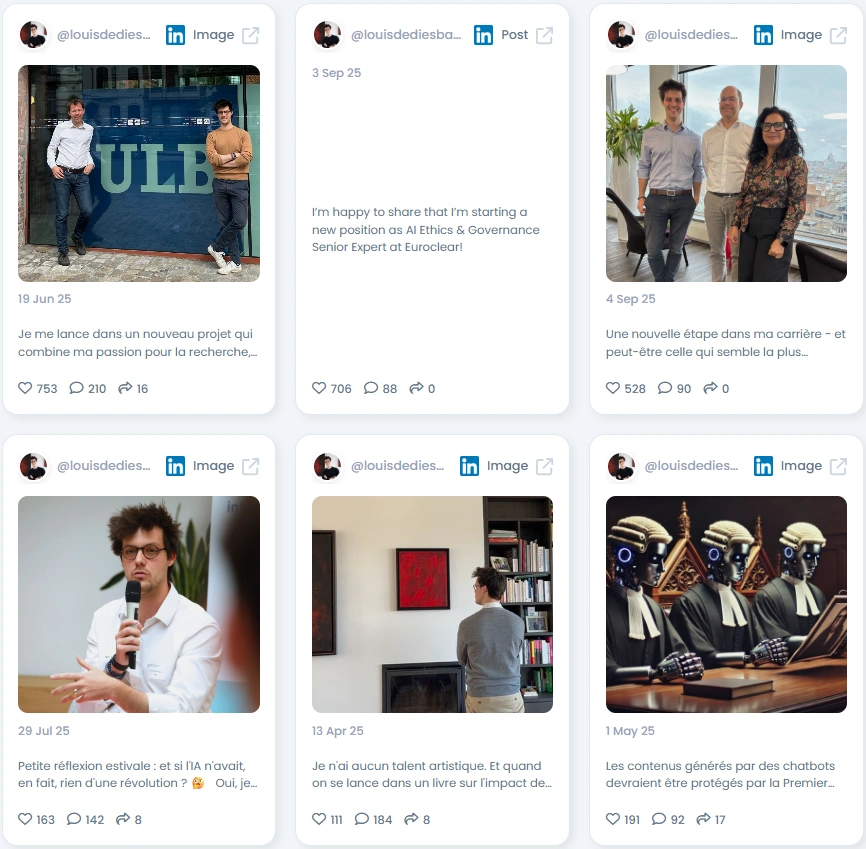
People listen to Louis because he manages to make AI ethics engaging and relatable. His posts invite reflection rather than impose conclusions. One day, he is dissecting Heidegger or Foucault’s relevance to technology, and the next, he is joking about artistic failure or sharing a candid career update. This mix makes his profile stand out as a space where intellectual conversation feels approachable. His tone is calm, thoughtful, and just ironic enough to make philosophy feel modern.
4. Authenticity that resonates
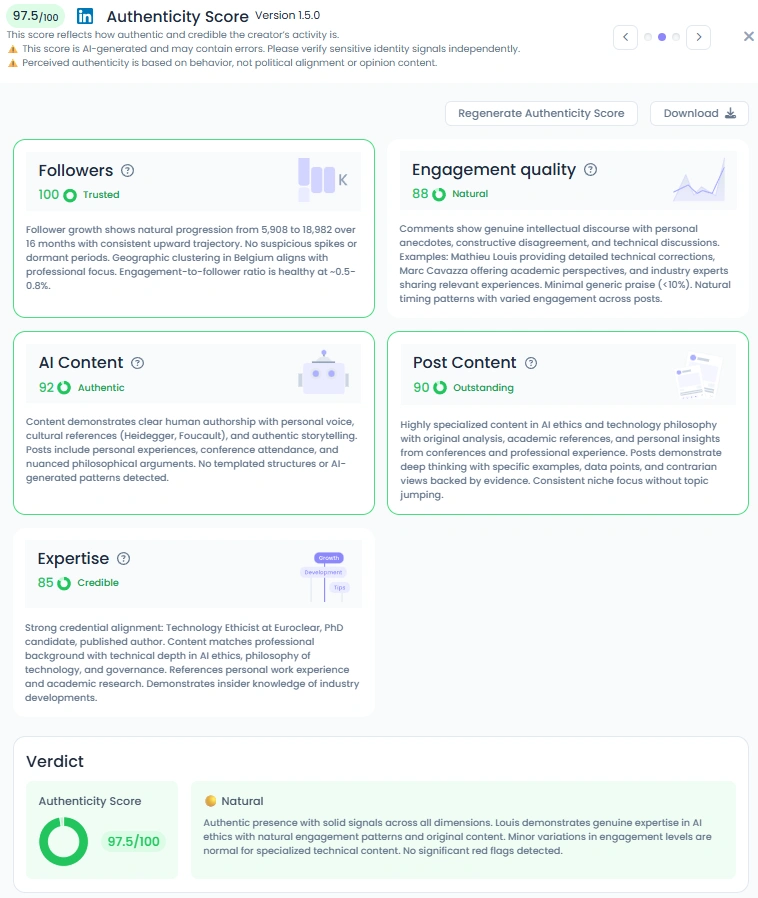
With a Favikon Authenticity Score of 97.5/100, Louis’ profile reflects what genuine expertise looks like in a digital world. His engagement is driven by real discussions rather than generic praise. He shares professional updates alongside personal reflections, often weaving cultural references or moments of self-awareness into his insights. His followers, many of them academics and AI professionals, respond with curiosity and constructive debate. Every post feels like a genuine exchange instead of a polished announcement.
5. Numbers that back it up

Louis has an Influence Score of 5,898 points, ranking in the Top 1% of LinkedIn creators in Belgium and the Top 14% in Philosophy worldwide. His following grew from 5,908 to 18,982 in just 16 months, showing consistent engagement and credibility. His posts attract hundreds of reactions and insightful comments from a niche but highly involved professional audience. He stands out as one of the leading philosophical voices exploring AI’s impact in French-speaking Europe.
6. Collaborations that matter
Louis’ work bridges academia and corporate innovation. He collaborates with Euroclear, Université Libre de Bruxelles, and European organizations working on AI governance and ethics. His articles and talks often appear in outlets such as L’Echo and TrenchTech, where he analyzes how philosophy can guide organizations toward more ethical use of technology. These collaborations highlight his role as a connector between humanistic inquiry and modern innovation.
7. Why brands should partner with Louis de Diesbach
Partnering with Louis means working with a voice that combines intellect, authenticity, and forward thinking.
- Thought leadership collaborations on AI ethics and responsible innovation
- Corporate workshops on digital governance and tech ethics
- Keynote sessions at conferences bridging academia and business
- Editorial partnerships for articles, reports, or campaigns exploring the human side of AI
8. What causes he defends

Louis advocates for Education for Everyone (60%), Tech for Good (60%), and AI for Good (50%). He believes that knowledge and technology should empower people, not exclude them. His philosophy emphasizes accessibility in education and ethical awareness in the tech industry. Through his writing and speaking engagements, he encourages open dialogue on how AI can serve society more fairly and transparently.
9. Why Louis de Diesbach is relevant in 2026
As AI continues to redefine creativity, governance, and identity, voices like Louis’ are essential. He helps decision-makers understand that ethical reflection is not a brake on progress but a guide toward better innovation. In 2026, when AI ethics will shape regulation and workplace norms, Louis’ perspective will help ensure that technology remains aligned with human values.
Conclusion: A mind for the future
Louis de Diesbach brings humanity back into the AI conversation. His blend of critical thinking, humility, and curiosity makes him one of Europe’s most original voices in ethical technology. By merging philosophy with real-world practice, he invites others to question, learn, and innovate with conscience. His work reminds us that progress without reflection is just movement, not growth.
Related Articles
See all the articlesResources











.png)
